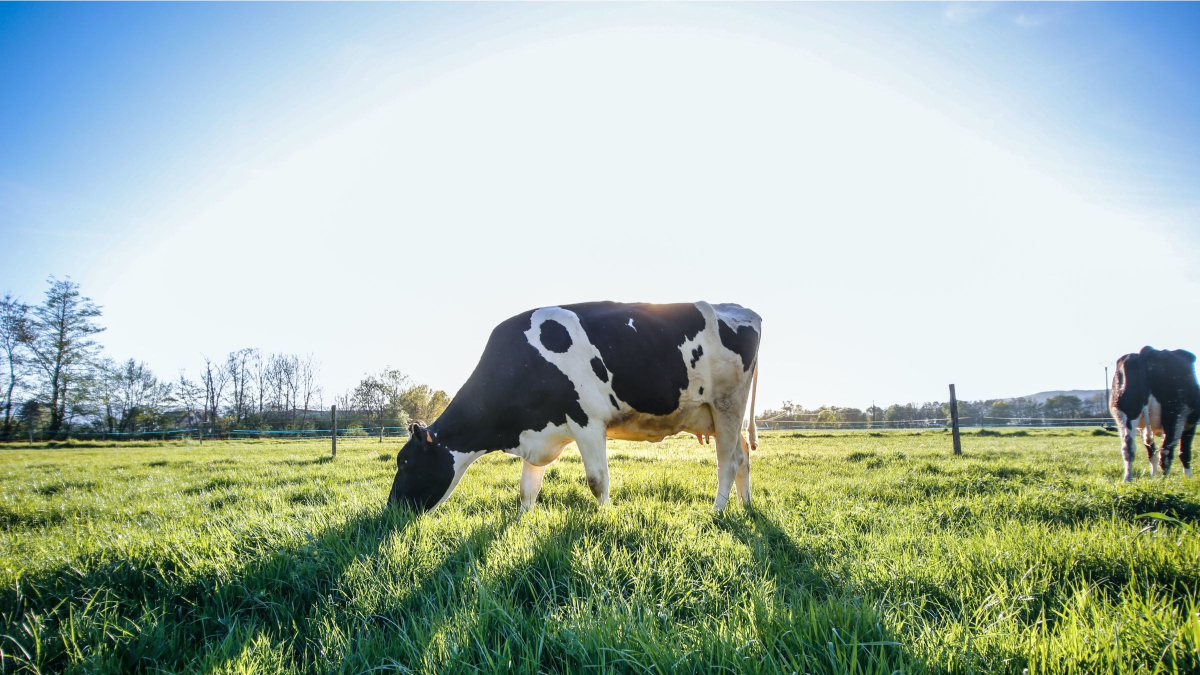During the past few years, there has been a massive push for sustainable, ethical farming practices among meat and dairy providers. Even though a lot of packages contain flashy labels, a recent lawsuit alleges that these labels might not be what they seem. Recently, a lawsuit was filed by advocacy groups seeking to curb deceptive marketing practices. According to the lawsuit; the plaintiffs allege that these companies are dishonestly profiting off of a growing interest in eating environmentally-friendly, sustainably-sourced food without actually following these practices. The lawsuit alleges that some of the biggest food giants in the world have not made any meaningful changes to their production or farming practices.
Class-action lawsuits filed against food and beverage companies have been on the rise, with record numbers being filed last year. With the mounting wave of legal activism, the frustration among consumers is clearly growing. Advocates have worked hard to find other ways to apply pressure to food giants, but nothing seems to be working. Now, they are taking them to court instead. While advocates have pushed federal regulators to define what is meant by terms such as “all natural” and “healthy,” this has not happened. As a result, the lawsuit alleges that these food companies have been exploiting the gap.
The lawsuit is targeting Cargill and Tyson, among others. The lawsuit states that Cargill is producing its turkeys in ways that place farmers in debt while the farmers have no say in the way the turkeys are raised, placing them in harm’s way. Furthermore, Tyson produces chickens in a crowded shed, contaminating them with pathogens resistant to antibiotics before cleaning them with chemical disinfectants. The lawsuit further alleges that many of the companies use marketing that is misleading or exaggerated, trying to convince buyers that the companies align with the values on the labels, but the lawsuit claims that these companies continue to mistreat countless animals.
The plaintiffs do not believe companies should be allowed to profit off of misleading marketing practices, as it creates an unfair playing field and is dishonest to shoppers. While it is unclear what will happen in the legal case, the lawsuit has drawn more attention to an important issue in the industry.


